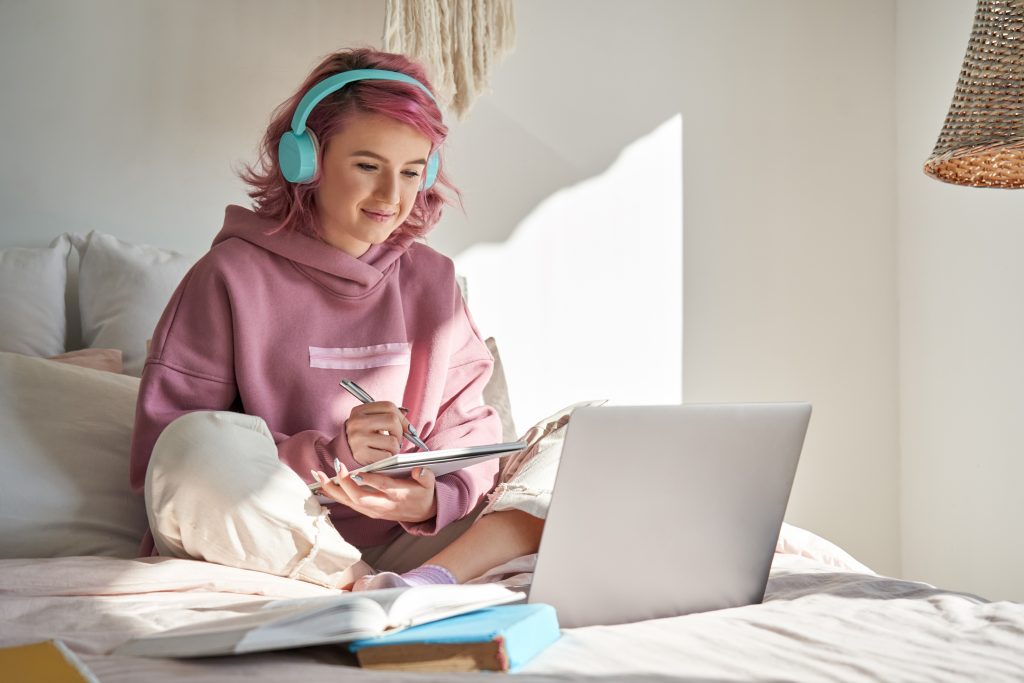Over the last year, the education sector has had to pivot to embrace technology and digital innovation in a way that we would have never imagined in a pre-pandemic world.
To bring the classroom to sofas, bedrooms and kitchen tables across the country, we saw teachers adapt, acclimatise and accelerate a tech-first approach which ensured pupils’ right to education was not hindered.
With senior pupils across Scotland currently in the midst of one of their most challenging and important assessment periods, it is now time for us to roll out what we have learned more widely across the learning journey.
Exam and assignment pressure is something that the majority of us can resonate with, but as educators, The Glasgow Academy has a responsibility to support our pupils as much as possible – particularly now as the fallout of Covid continues to disrupt ‘normal’ revision timetables and workshops.
Traditionally, at-home revision and independent learning have been an area over which teachers have had very little control. Our focus was first and foremost on what lessons we could teach in the classroom, but we need to look at the wider picture.
Faced with an immediate need to help our young people achieve the results they deserve, The Glasgow Academy teamed up with leading digital creators to build an entirely new platform designed to bridge the gap between the classroom and the home.
In April, we launched thinkfour – an online tool which can be accessed by every pupil in Scotland for free. It is made up of more than 80 videos, all four-minutes in length, which distil complex ideas from a range of SQA Higher subjects and unpacks them into easy to digest tutorials.
Many parents, like myself, will know the feeling of wanting to help their children learn but not quite having the required knowledge to do so. thinkfour has been designed to empower everyone involved in a child’s education journey – from teachers to parents and carers – to provide us with accessible tools to positively contribute.
Built from a desire to recreate that powerful classroom environment, the platform captures insights from teachers in a cinematic way to grab the attention, while the aesthetics are calming and specifically designed to complement typical revision periods which tend to happen at night.
New content will be added regularly as the platform evolves and we’re very encouraged to see lots of pupils and schools already accessing the platform just a matter of weeks from the launch.
Whilst we appreciate that the platform isn’t a panacea and won’t overcome every challenge, it is the start of an important journey and a powerful tool to aid pupil performance.
Creating inclusive and accessible online tools is imperative to enabling a future-ready generation and I am hopeful that, collectively, we can continue making positive steps even whilst having to navigate a challenging landscape.
The sector as a whole has come a long way since we endured the first lockdown, but now we must align our focus to ensure that we enhance pupils’ learning experiences and mitigate assessment pressure. I truly believe that online tools have a significant role to play, especially as the effectiveness of the technology available to us continues to improve.
